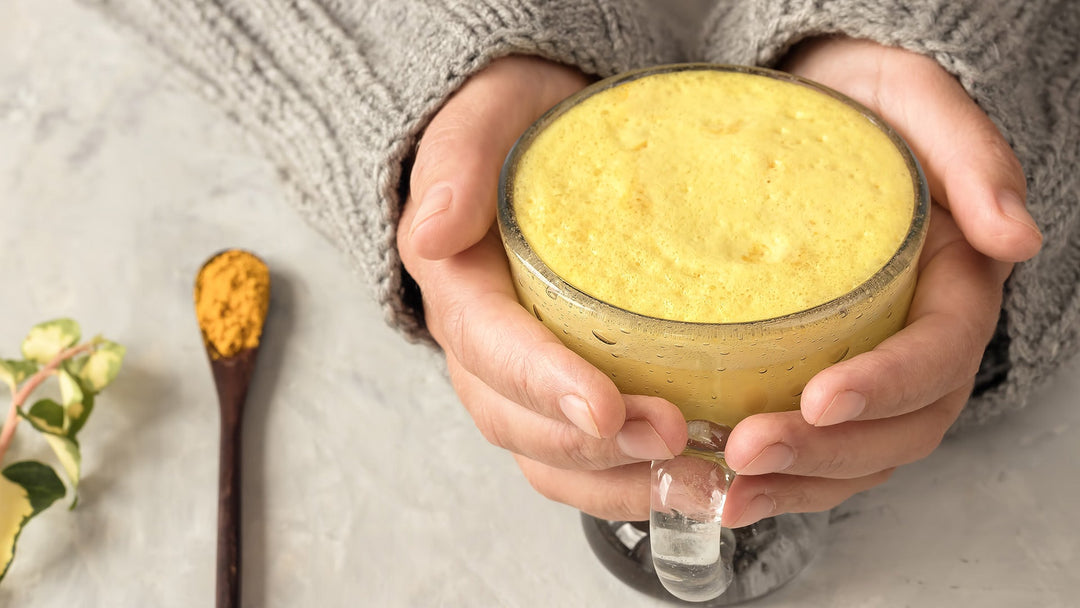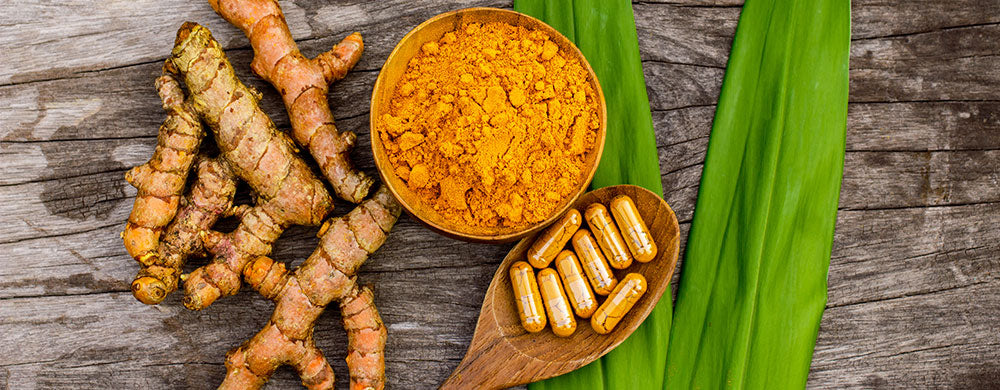The Honey ABC: Everything about the liquid gold

You've probably heard the phrase "liquid gold" before. What immediately springs to mind when you read these two words? That's right, honey! This delicious natural product has many health benefits and tastes wonderfully sweet on top of that! Have you always wanted to know how honey is actually made and what ingredients are hidden in the sweet, creamy mass? Then read on, we'll tell you in this article!
The busy bee
Without the hardworking, yellow and black creatures, we would have been denied honey at all. It is the supply that bees create to last through the winter. This happens because bees collect nectar and pollen to make their food. In the hive, the nectar is then regurgitated and given to the worker bees.
Enzymes are added to the nectar in the stomachs of these eager workers. This is what gives the honey its valuable ingredients. Next, the water is removed from the nectar by storing it in the honeycombs of the hive, where it evaporates. Then everything is sealed with a layer of wax. The wax is also produced by the bees.

Did you know?
Ever heard of forest honey? This special type of honey is produced by bees who enjoy honeydew. This is an excretory product of insect species such as aphids. The sugary juice tastes wonderful to many insects, including bees! The dark honey that is ultimately produced is called forest honey.
Storing honey properly
Storing honey correctly is not complicated. There are a few legal guidelines that ensure high quality in the trade. This is mainly due to the body's own enzymes mentioned above, which are added directly by the bee. Some of these enzymes are sensitive to heat and light. However, honey should never be stored in the refrigerator. Our valuable honeys are filled into dark quality jars to protect them from sunlight and heat.
Can honey go bad?
Yes, honey can spoil. But this usually happens very rarely. The high sugar content ensures that it is preserved. If stored correctly, honey will last for a very long time. It will go bad if the water content increases or if it is stored at the wrong temperature. Over time, the composition can change and the honey loses quality. But all of this does not mean that you can no longer enjoy it.
Do not heat honey
We all know it: A mild cold is coming on, your throat is starting to scratch, and you treat yourself to a nice cup of tea with honey. You should be careful here! Only add the honey to the tea when it has cooled down a bit. The valuable ingredients are destroyed at a temperature of over 40 degrees Celsius and you miss out on the great added value that honey can offer.
Honey vs. Sugar
Is honey healthier than sugar? The answer: yes and no! Honey primarily consists of a very high sugar content. This must not be forgotten and therefore honey should of course only be consumed in moderation. In addition to many enzymes, the golden mass also contains vitamins, minerals, trace elements and amino acids. All of these nutrients offer wonderful health benefits for the body and its immune system . This is why honey is also a popular sugar substitute, because table sugar does not have these nutrients.
Another difference: honey consists of many different types of sugar! This ensures that not all of the sugar gets into your bloodstream straight away, as the body processes them differently. Honey is therefore gentler on your metabolism.
Honey without sugar?
Is there honey without sugar? No, there isn't. Honey is a sweetener and it's completely natural and doesn't involve human intervention. Even the busy bees can't really do anything about the amount of sugar. It all comes from plants! These ensure that the nectar smells good and thus attracts insects. This process is predetermined by nature. Don't be afraid of sugar, because your body needs it too! And it's the amount that makes the poison!
How much honey can I eat per day?
Because of the high sugar content, despite all the positive properties, you should only consume one tablespoon per day. If you stick to this guideline, you'll be on the safe side. Of course, you can also use more if you want to sweeten your dessert with honey, for example!
But be careful: children under one year old should not eat honey! Since honey is not heated, it may contain bacteria that may be harmful to your baby!
What types of honey are there?
We have already explained a little further up where the so-called forest honey comes from. Some other well-known types of honey are acacia honey, blossom honey, spruce honey and lavender honey. Our range includes the particularly beneficial and delicious types of fennel honey, thyme honey and Manuka honey. Our honeys contain no additional flavourings at all, as they naturally have a wonderful, unique taste!
Fennel honey
Our 100% pure fennel honey is aromatic and soothing. It has a delicate, nutty taste and comes from real wild fennel flowers. The fennel oil contained in the flowers also contains a variety of wonderful and valuable ingredients. The tea is ideal for sweetening food and drinks. With its special taste, it is sure to please little sweet-tooths.
Thyme honey
Our thyme honey is made from 100% real wild thyme bushes. Thyme is said to have a particularly beneficial effect thanks to its essential oils. This makes it ideal for minor everyday ailments. The gentle and mild taste is complemented by a light herbal note.
Manuka honey
Our Manuka honey comes from the bees of the wild Manuka trees and has wonderful health benefits. The active ingredient methylglyoxal (MGO for short), which has an antibacterial effect, makes this special honey a real all-rounder! Our Manuka honey is specially tailored to the needs of children.
Conclusion
Something that not only tastes great but also offers health benefits should definitely be in your household cupboard! Whether during cold season, as a daily energy source or a healthier alternative to conventional sugar, honey has many uses.
Sources:
- (1) bees & nature, https://www.bienenundnatur.de/wp-content/uploads/2016/10/Honig-richtig-lagern.pdf [12.02.2023].
- (2) Spektrum.de: Can honey go bad?, https://www.spektrum.de/frage/kann-honig-schlecht-werden/1534081 [12.02.2023].


